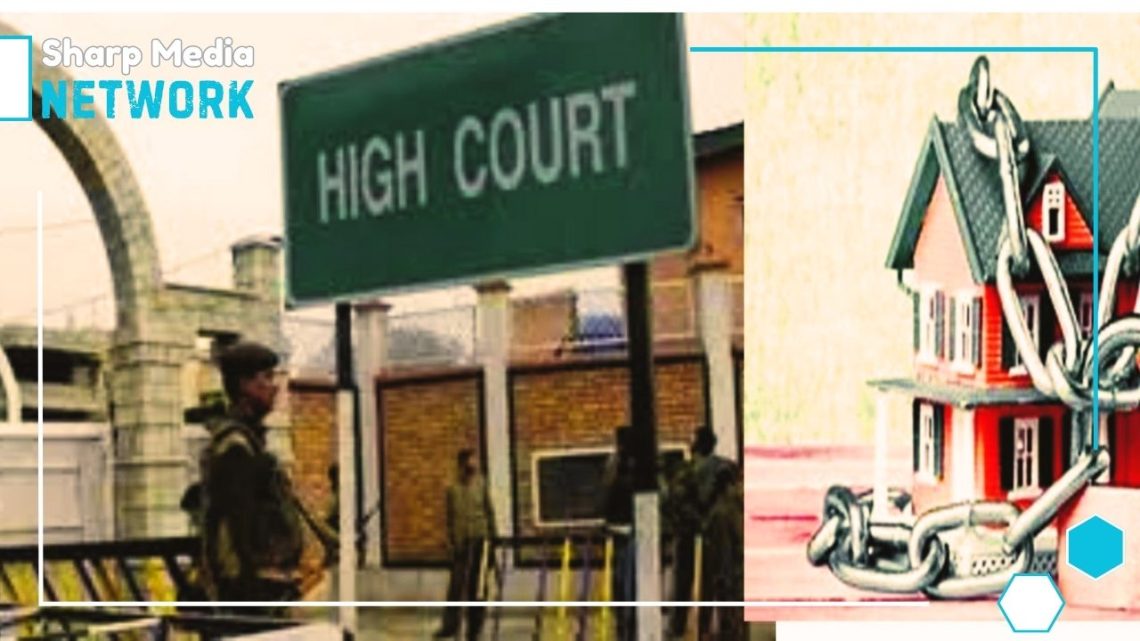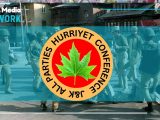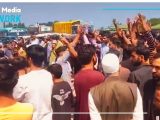
High Court Condemns Property Seizures in IIOJK, Declares Right to Property a Fundamental Human Right
November 28, 2024In Indian Illegally Occupied Jammu and Kashmir (IIOJK), the High Court has delivered a landmark verdict affirming the right to property as a fundamental human right. The ruling comes amidst an alarming wave of property confiscations targeting Kashmiris under the guise of arbitrary legal pretexts.
The judgment arose from a petition filed by Abdul Majeed Lone, a resident of Tangdhar in Kupwara, who sought justice for the Indian Army’s illegal occupation of over 12 kanals of his land since 1978. For over four decades, Lone was denied compensation or proper legal proceedings for the seizure of his property.
Justice Wasim Sadiq Nargal, presiding over the case, declared the occupation without due process a blatant violation of human rights. “The right to property encompasses shelter, livelihood, and dignity,” the court stated, emphasizing its vital role as a cornerstone of human rights, not just a constitutional privilege.
In a strong rebuke to New Delhi’s actions, the court ordered the government to compensate Lone for decades of unauthorized land use. It directed authorities to calculate rent from 1978 onward and pay reparations, including an additional sum of ₹1 lakh for violating Lone’s rights. The court also warned that delays in payment would incur an annual interest of 6%.
The judgment underscored the illegality of denying stakeholders their rights and mandated that any future land use follow established legal protocols, ensuring fair compensation and consultation.
This case has shed light on a broader pattern of systemic land seizures in IIOJK, especially after the abrogation of Article 370 in August 2019. This move stripped the region of its special status, enabling sweeping confiscations aimed at altering the demographic fabric of the region.
Human rights organizations and observers have repeatedly condemned these actions as part of a larger Hindutva-driven agenda to dispossess Kashmiri Muslims. By systematically disenfranchising the local population and expropriating their land, New Delhi is accused of executing a campaign of cultural erasure and demographic engineering.
While the High Court’s decision offers a glimmer of hope to those fighting similar grievances, it also highlights the daunting challenge of resisting the pervasive occupation and its oppressive policies. The court’s intervention is a critical step, but the broader issues of systemic property seizures, disenfranchisement, and cultural annihilation remain pressing.
This judgment not only serves as an indictment of New Delhi’s illegal practices in IIOJK but also reaffirms the inviolability of basic human rights in the face of state-sponsored tyranny.

